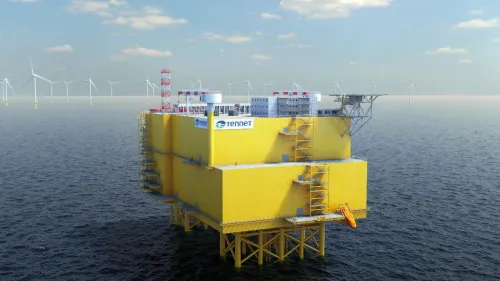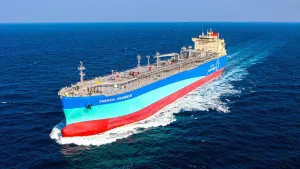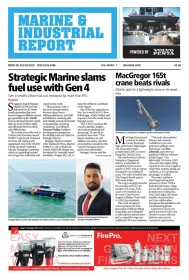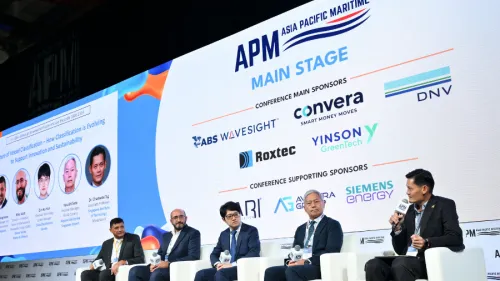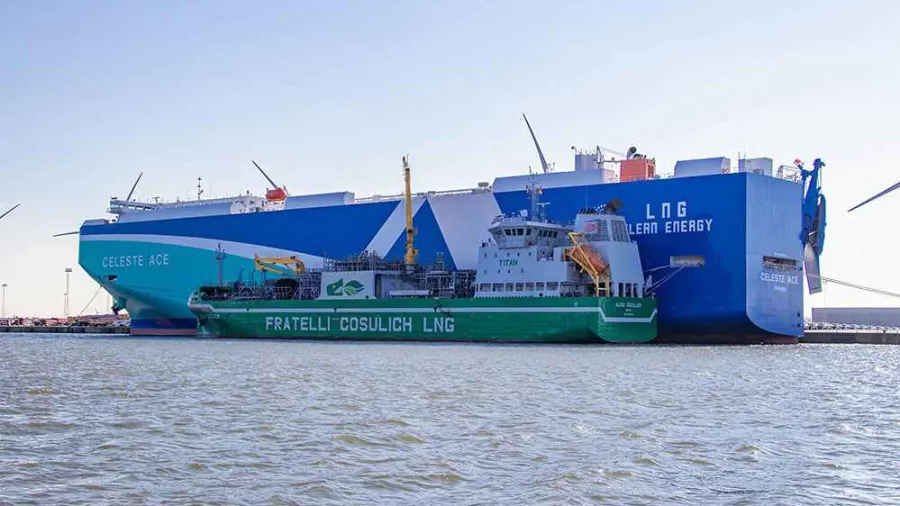
MOL starts using bio-LNG fuel for car carrier Celeste Ace
Around 500 tonnes of fuel was used.
Mitsui O.S.K. Lines, Ltd. (MOL) has started using bio-liquified natural gas (LNG) for its car carrier Celeste Ace, making it the first ocean-going vessel operated by a Japanese shipping company to use such fuel.
In a statement, the company said about 500 tonnes of bio-LNG from Titan Supply B.V. was supplied. The fuel has a carbon intensity of less than zero on a life cycle basis from fuel production to consumption.
Whilst LNG fuel can reduce carbon dioxide emissions by about 25% compared to conventional fuel oil, bio-LNG fuel derived from waste and residues, which is also carbon neutral, can further reduce the emissions. Furthermore, bio-LNG fuel represents an effective solution for decarbonizing ship operations because methane is the primary component in both LNG and bio-LNG, the existing LNG supply chain infrastructure can be leveraged for transport and consumption.
When it comes to decarbonising ship operations, methane is the primary component in both LNG and bio-LNG, thus the existing LNG supply chain infrastructure can be leveraged for transport and consumption.
"We are exploring the use of ammonia and hydrogen fuels as part of our strategy to adopt clean alternative fuels, whilst moving to expand the use of LNG-fueled vessels and more quickly achieve a low-carbon society," MOL Marine Fuel GX Division General Manager Yoshikazu Urushitani said.
"We will also be early adopters of bio-LNG and synthetic LNG. Partnering with Titan, we will start using bio-LNG to lead the shipping industry in the transition to clean alternative fuels," he added.
